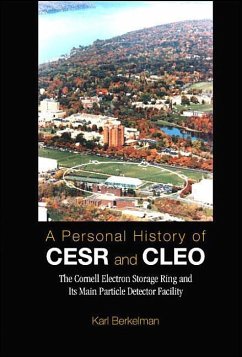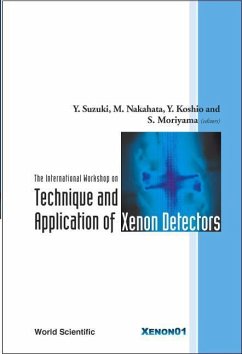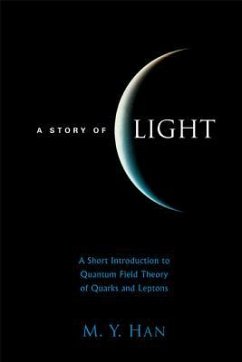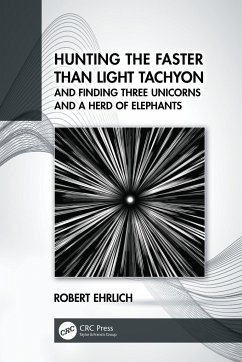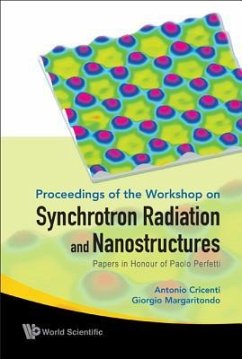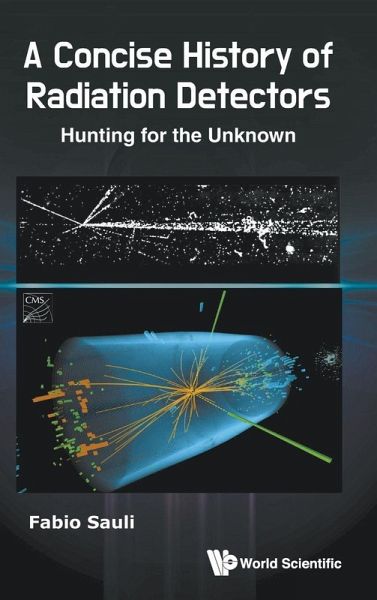
Concise History of Radiation Detectors, A: Hunting for the Unknown
Versandkostenfrei!
Erscheint vorauss. 28. Dezember 2025
78,99 €
inkl. MwSt.

PAYBACK Punkte
39 °P sammeln!
The development of radiation detectors is closely entangled to the study of elementary particles and of their interactions. From the early observations of cosmic rays using photographic emulsions, to the present complex electronic systems operating in high-energy accelerators, this book describes the evolution of detectors employed in particle physics and astrophysics: cloud and bubble chambers, spark chambers, solid state and gaseous position-sensitive detectors. Major discoveries have been made making use of increasingly advanced devices: natural radioactivity, X-rays, π mesons, the positro...
The development of radiation detectors is closely entangled to the study of elementary particles and of their interactions. From the early observations of cosmic rays using photographic emulsions, to the present complex electronic systems operating in high-energy accelerators, this book describes the evolution of detectors employed in particle physics and astrophysics: cloud and bubble chambers, spark chambers, solid state and gaseous position-sensitive detectors. Major discoveries have been made making use of increasingly advanced devices: natural radioactivity, X-rays, π mesons, the positron, the W and the Higgs bosons, only to mention a few. Suitable for practitioners and students of particle physics, this book gives a concise but comprehensive description of the evolution and major applications of radiation detector technologies.



